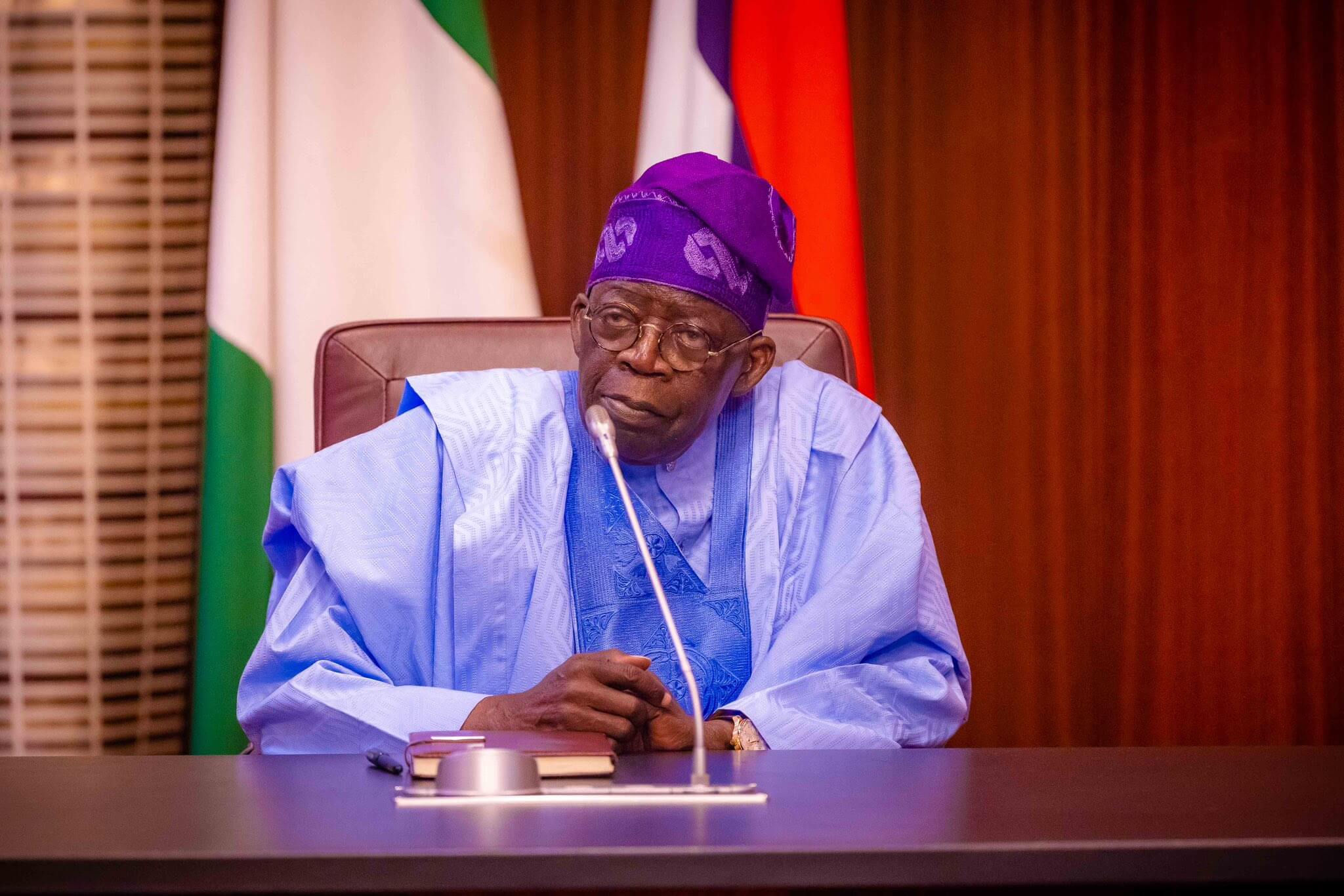- The CBN has adjusted the exchange rate used for Customs duty by importers to clear goods at ports
- The new Customs exchange rate reflects the depreciation of the naira in both the official and unofficial markets
- The hope for cheaper imported goods remains distant, as the new exchange rate means importers will pay more to clear goods
The Central Bank of Nigeria (CBN) has again decided to increase the Nigeria Customs duty exchange rate to clear goods at ports and airports.
According to data from the federal government trade portal, the new Customs duty exchange rate is now N1,688.28 per dollar as of Thursday, November 21, 2024.

Source: Getty Images
The new exchange rate represents a 0.33% increase compared to the previous rate of N1,682.72/$ on Tuesday, November 19.
Naira exchange rate
The new Customs duty exchange rate provided a snapshot of the performance of the naira in the foreign exchange markets.
Earlier, Legit.ng reported that the value of the Nigerian currency, the naira, fell again on Wednesday, November 20, 2024, after a brief rebound on Tuesday, November 19, 2024.
The naira crashed against the dollar in the official window to close at N1,687.52, down from the N1,678.93 per dollar it traded the previous day.
Wednesday’s crash was one of many instances in which the naira depreciated against the dollar amid the Central Bank of Nigeria's (CBN) intervention drought.
Willing buyers and willing sellers quoted the spot dollar rate at a high of N1,705 per dollar and a low of N1,601.
Experts have predicted that the naira will soon hit N2,000 per dollar, based on the spot rate gap in the official market.
Janet Ogochukwu, an economist and senior banker, disclosed that all the signs point towards N2000 per dollar on or before December.
Foreign investors pull out of Nigeria as naira crashes
Legit.ng earlier reported that foreign inflows into the Nigerian Exchange Limited (NGX) dropped to the lowest point in September at N11.26 billion.
The development is based on data on the domestic and foreign portfolio investment on the NGX.
The report shows that as foreign inflow plummeted, foreign investors increased the amount they liquidated between August and September 2024.
Source: Legit.ng
















 English (US) ·
English (US) ·